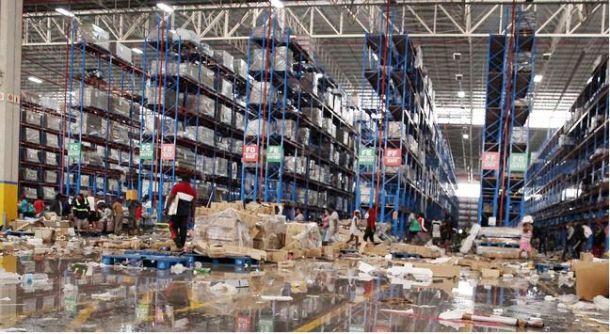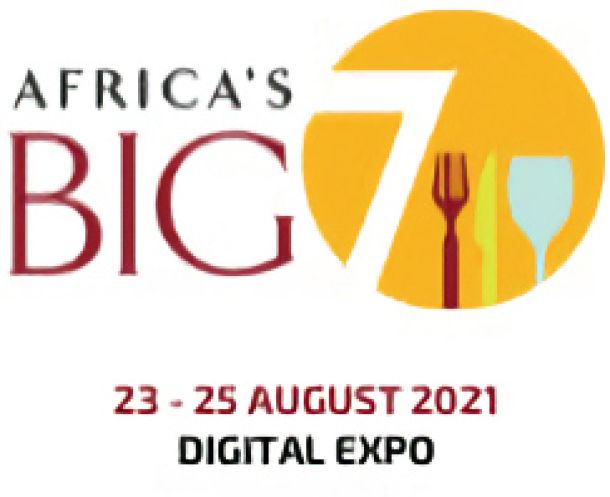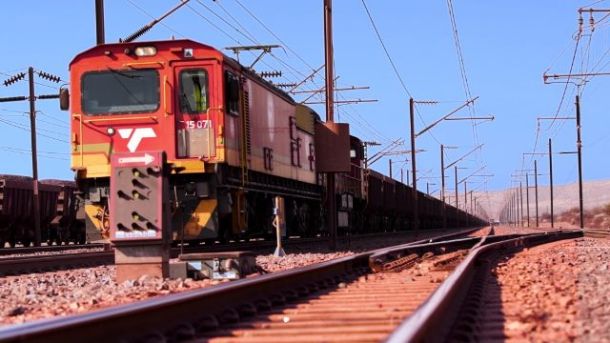Ray of hope for evicted Zim farmers
Scores of mostly elderly white Zimbabwe farmers who were evicted from their land since 2000 met in Harare for a briefing on compensation.
Ahead of a crucial International Monetary Fund meeting in early May, Finance Minister Patrick Chinamasa told the group that the Zimbabwe government wanted to revisit the compensation issue for evicted white farmers.
About 4 000 white farmers were evicted from early 2000 onwards with most of the beneficiaries – like Chinamasa himself – being top civil servants, members of the security forces, and the judiciary.
Zimbabwe President Robert Mugabe has always made it clear that he went to war against the Rhodesians to get the vote for the black majority and to “get the land back”.
But an independence constitution agreed to in London, in 1979, guaranteed that white-owned agricultural land would be bought on a willing-buyer and willing-seller basis for ten years. The UK paid for half of the cost of 4 million hectares bought for resettlement, while the Zimbabwe government paid the other half.
Zimbabwe passed the Land Acquisition Act in 1992, which said only under-utilised land, or land owned by foreigners, would be taken (without the willing seller clause) but that compensation would be paid by the government for fixed assets on white-owned land taken for resettlement.
But Zimbabwe’s economy slowed and land resettlement ground to a halt in 1988 and never got going again until land invasions post-2000.
“I think this meeting will bring people up to date. We are not telling anyone that compensation is on its way, because it isn’t,” said Hendrik Olivier, the chief executive of the Commercial Farmers Union.
But if the money could be found, the paperwork for compensation has been done. About 7 million hectares was taken from white farmers since 2000.
The 3 900 extraordinarily detailed claims for the seized farms were achieved through the farmers’ records, and processed by professional valuers. The claims total $8.6 billion (R131.42bn) for the fixed assets such as houses and dams or for “improvements” on the farms, and $2.8bn – the value of the land.
The valuations, achieved and maintained by Harare company Valcon, are deemed “modest” by outsiders.
Zanu-PF seniors inspected the Valcon files in mid-2015. Zimbabwe has long said that it cannot afford to pay white farmers for assets on their farms.
And the UK has said it will not pay for the land. But times are changing. Moods are softening, and the World Bank says it would like to help Zimbabwe recover its agricultural economy.
While Zimbabwe now grows as much tobacco as it did before land invasions, the crop is considered bad for Zimbabwe’s ecology, not least because staggering numbers of indigenous trees are felled for fires to cure it.
Most other export crops planted by evicted white farmers – coffee, nuts and fruit – have died. All white-owned farms were nationalised in 2005.
No white person can buy agricultural land in Zimbabwe. The compensation issue recently motivated the government to demand that beneficiaries of formerly white-owned farms must pay rent to the state for its land they use, and for houses on the farms in which they live.
Lands Minister Douglas Mombeshora said a portion of rentals collected would be used to pay compensation to white farmers.
“They will never pay. Most can’t afford to. And it is hard to believe that money will get to the evicted farmers,” a Harare banker said yesterday. “It would take generations to get enough money to pay out the farmers’ claims and many are now so old.”
Chinamasa also said, rather optimistically, that there were now “bankable” 99-year-leases for new farmers occupying formerly white-owned land. Banks will not lend to new farmers without land as collateral.
AFRICAN NEWS AGENCY
News Category
- International retailers
- On the move
- Awards and achievements
- Legislation
- Wine and liquor
- Africa
- Going green
- Supplier news
- Research tools
- Retailer trading results
- Supply chain
- Innovation and technology
- Economic factors
- Crime and security
- Store Openings
- Marketing and Promotions
- Social Responsibility
- Brand Press Office
Related Articles

Massmart says civil unrest cost the company R2....

Sasria pays Clicks R217m of KZN claim

Africa Trade Week Launches Digital Exhibition P...

Government’s plan to help businesses recover fr...


